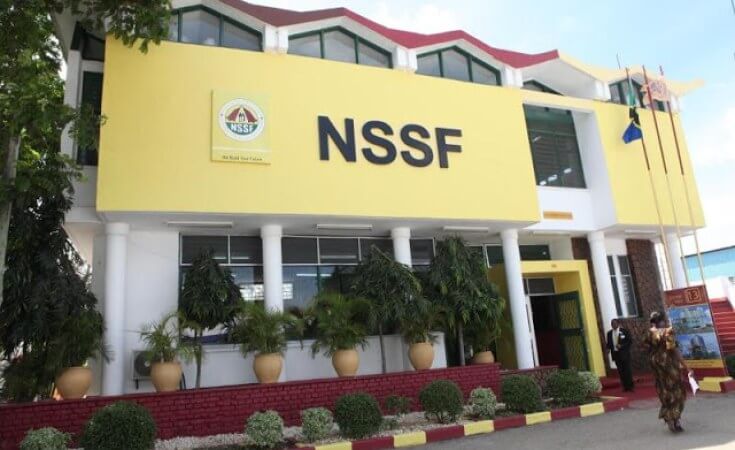The construction of the Mkulazi II sugar project is in its final stages, with owners re-affirming that production will commence next month.
The state-of-the-art project located at Mbigiri Estate, Kilosa District in Morogoro Region will have the capacity to produce 50,000 tons of industrial and domestic sugar per year.
The $148 million project was commissioned by Mkulazi Holding Company Limited, which is 100 per cent owned by the National Social Security Fund (NSSF) at 96 percent and Prison Corporations Sole (PCS) at 4 per cent.

Mkulazi II project was registered as a special strategic investment by the Tanzania Investment Centre (TIC) and is expected to be the first to produce industrial sugar in Tanzania.
Speaking to The Investor in March at the project site, the Company’s Chief Executive Officer, Mr Selestine Some, said the project is unique as it will use modern technology that flexibly alternate production output between domestic and industrial sugar, depending on demand in the market.
“We are happy that everything is going according to plans. If we continue like this, by September 2022 we will start production,” said Mr Some.
According to him, the preparation of sugar plantations is 76 percent complete with most of the important machineries for the factory already delivered at the site.
“The construction of the factory has reached more than 32 percent. And we are very grateful for the support we get from the Government,” said Mr Some, citing tax incentives approvals for machineries the Company received from TIC and the Tanzania Revenue Authority (TRA) as examples.
Covering a total area of 4,856 hectares, the project has already employed over 140 Tanzanians with the number expected to shoot to 600 at full capacity. Another 600 Tanzanians will be employed as seasonal workers in plantations.
Overall, the project will generate over 5,400 formal and informal employment opportunities (direct and indirect jobs) to Tanzanians.
The company has already engaged 245 out-growers who have started cultivating 745 hectares of sugarcane ready to sell to the factory.
“The factory will use 75 percent of its raw materials (sugar cane) from the estate and buy the rest from farmers as part of our programme to make sure people around the area are not left behind economically,” the CEO noted.
SOURCE: THE INVESTOR






